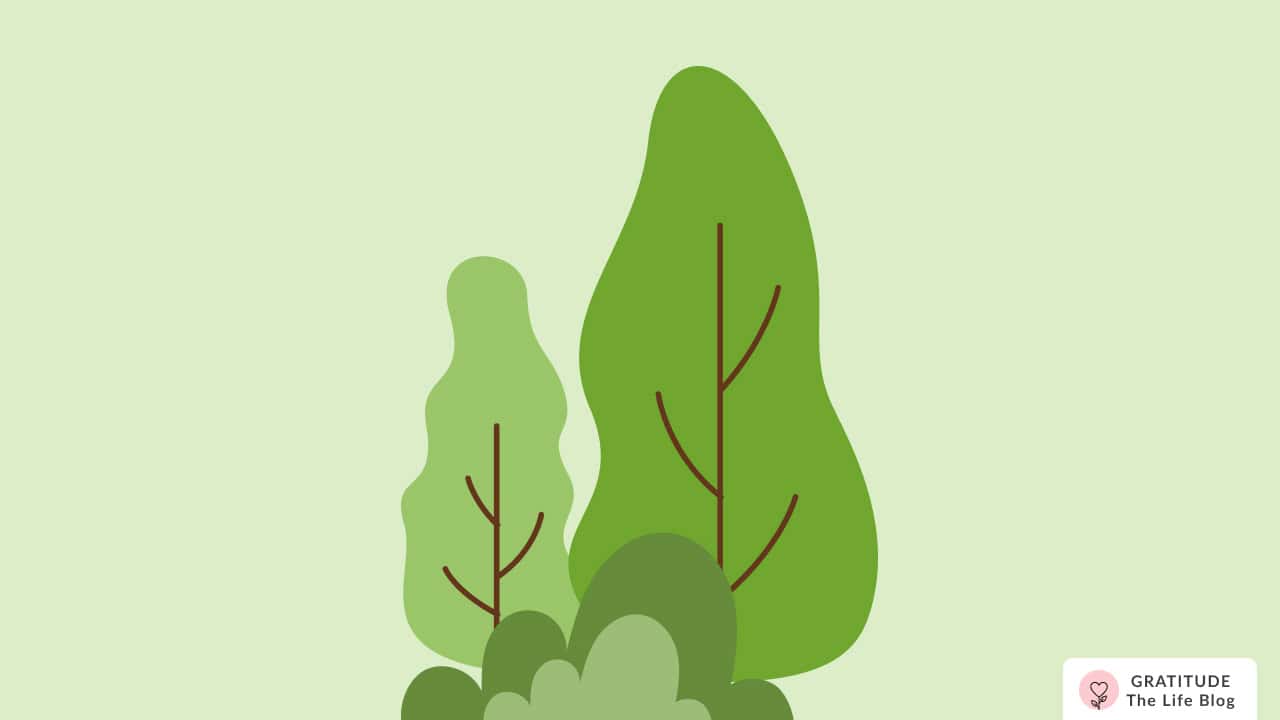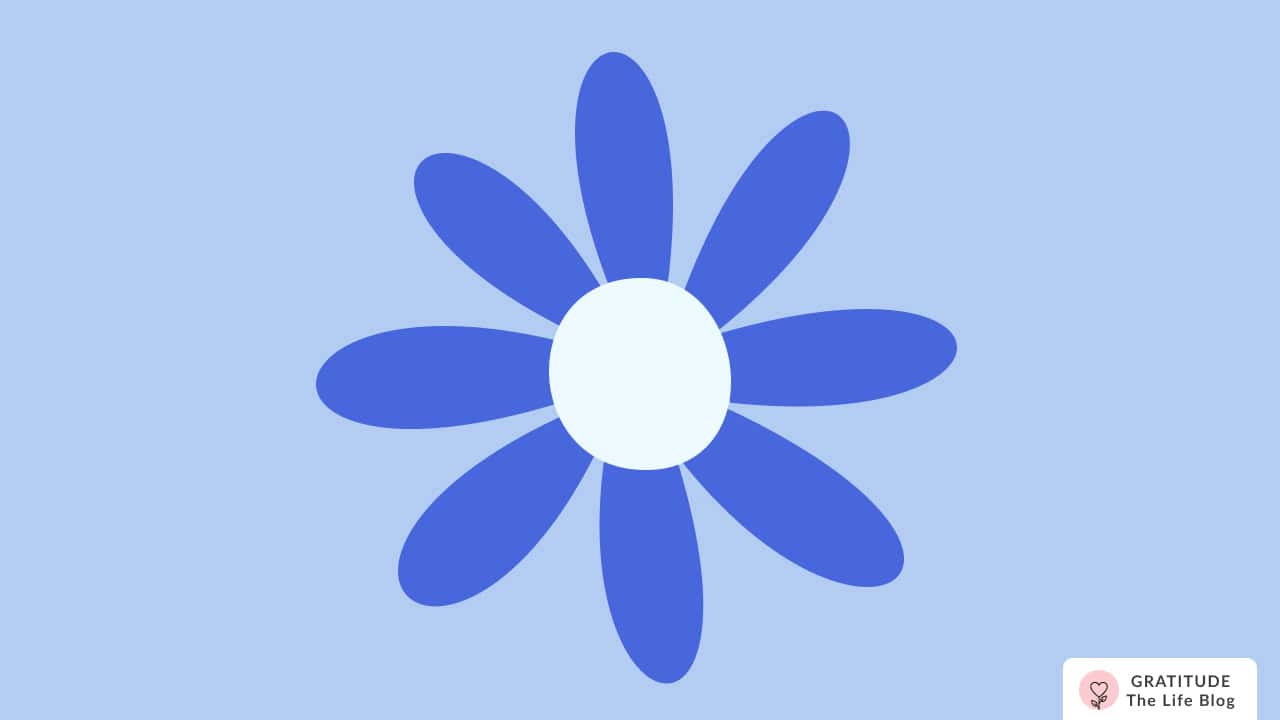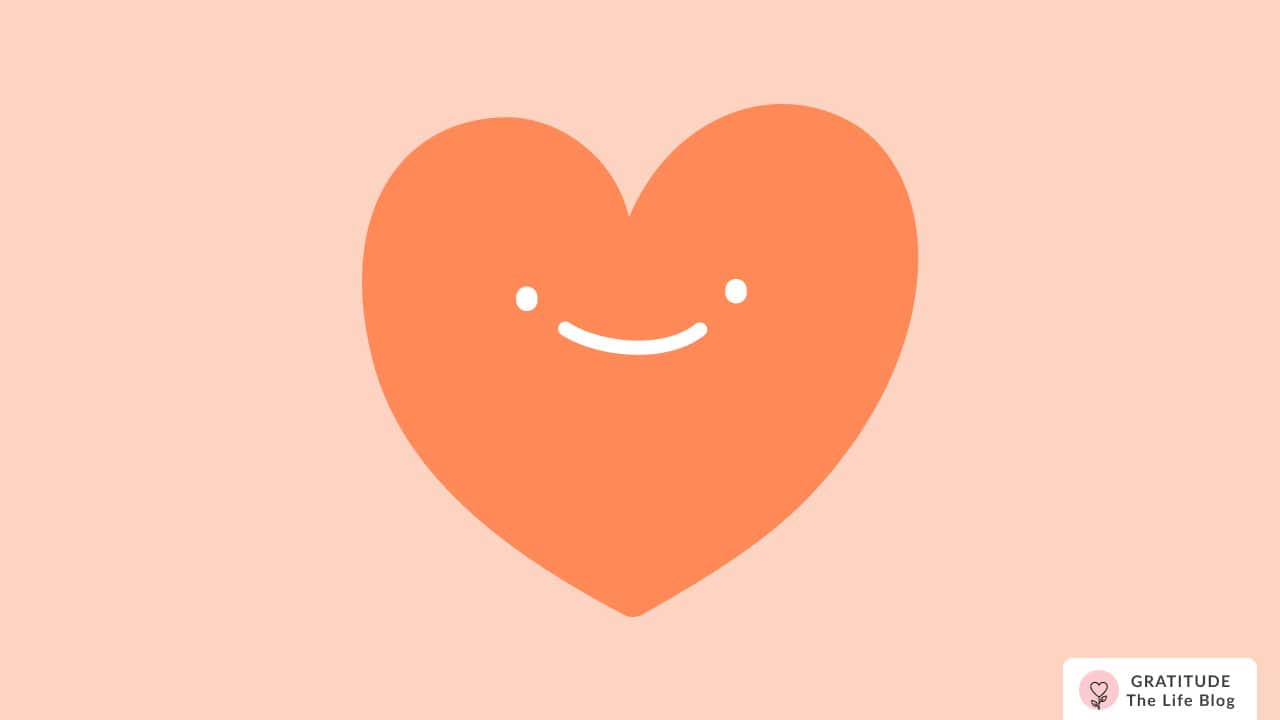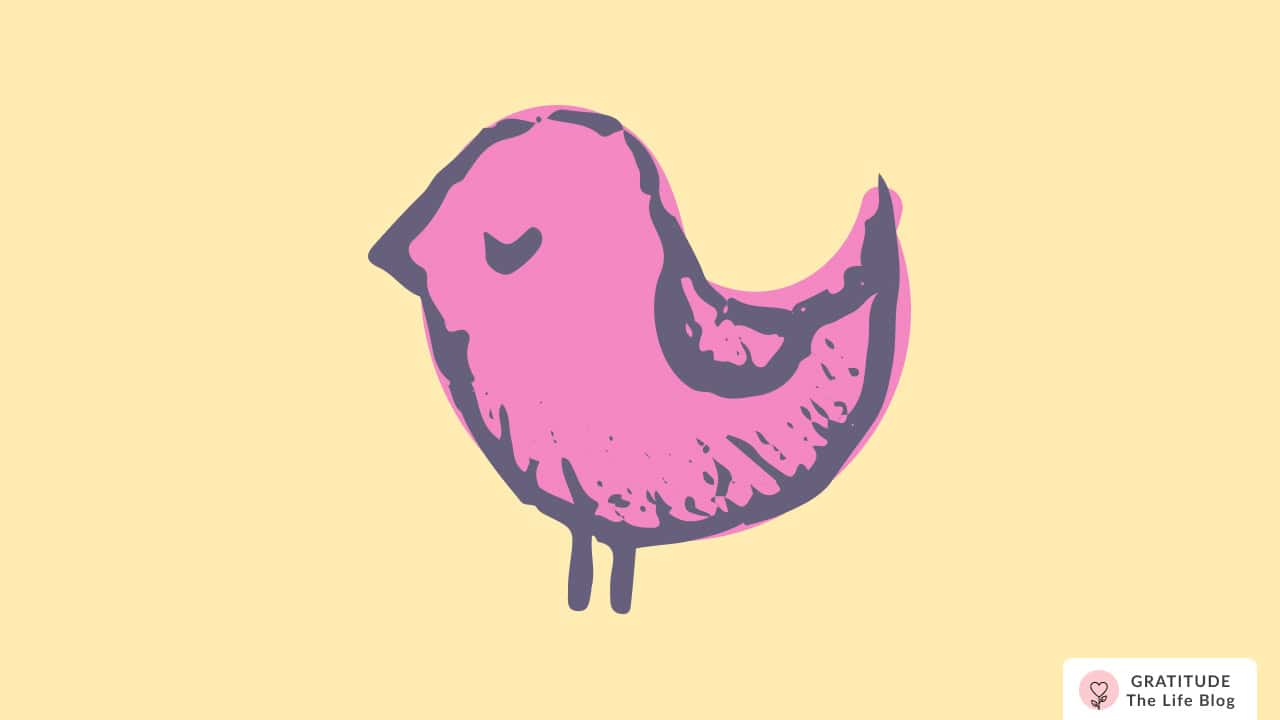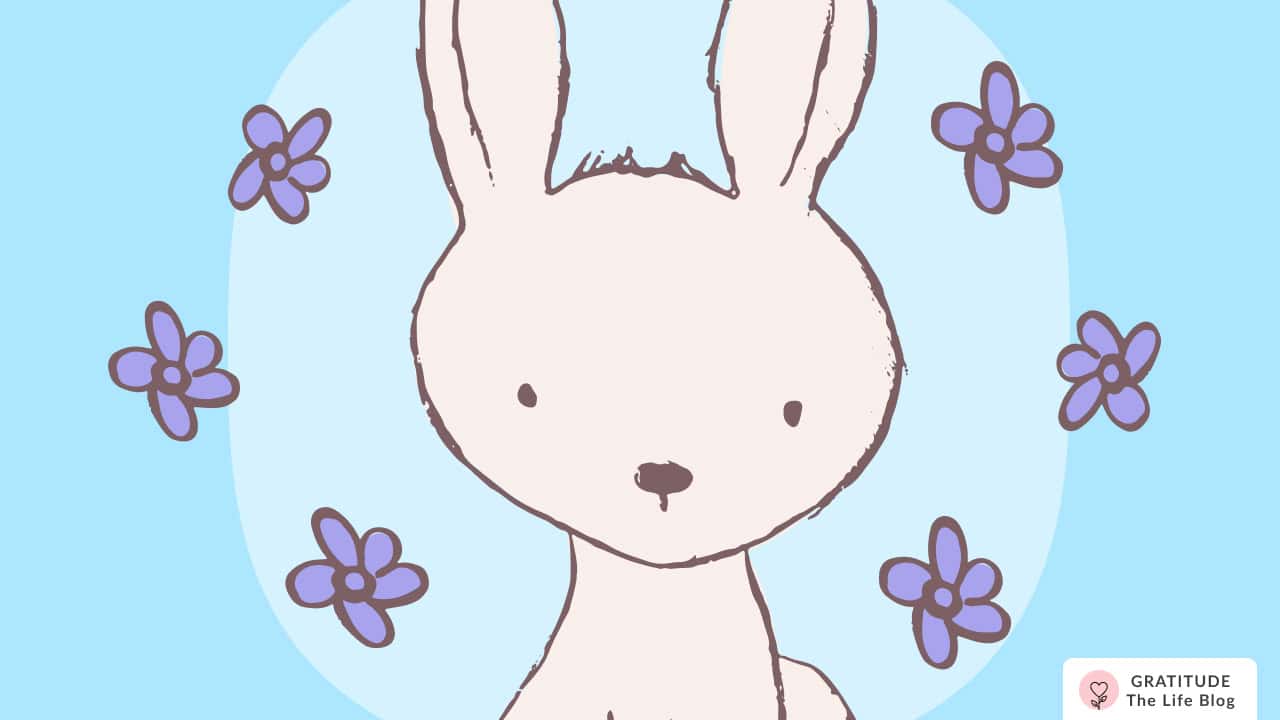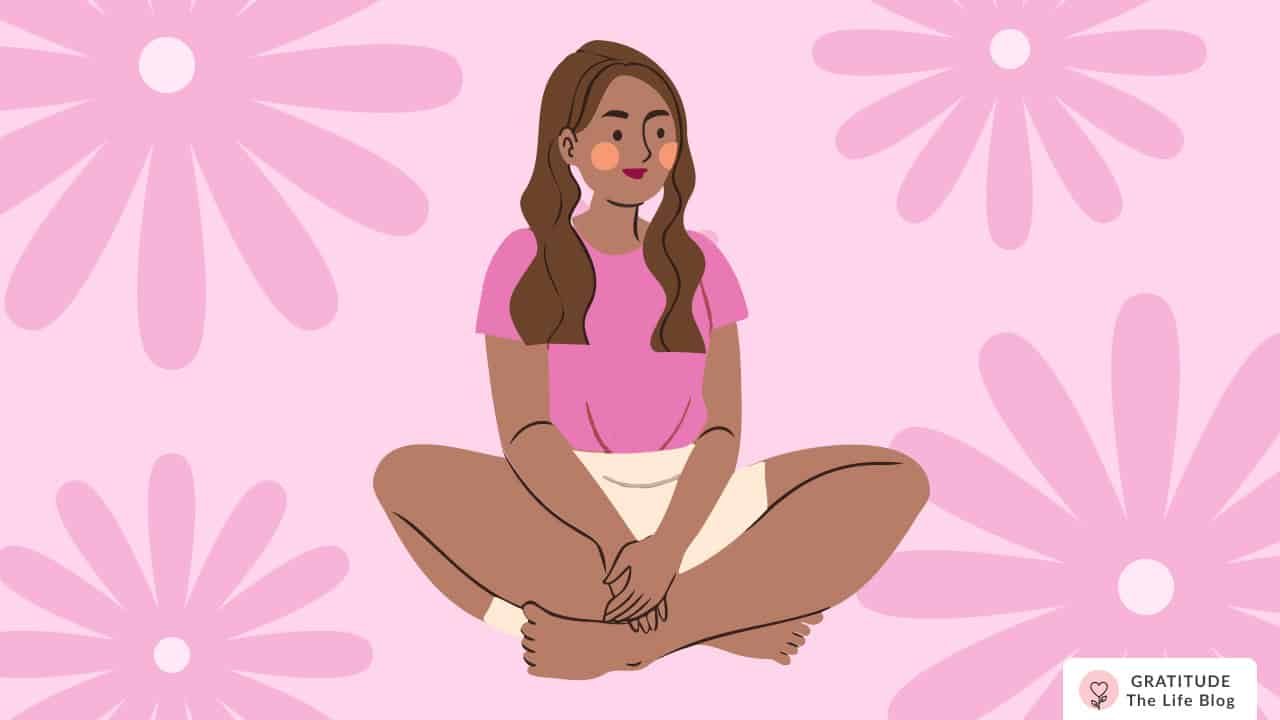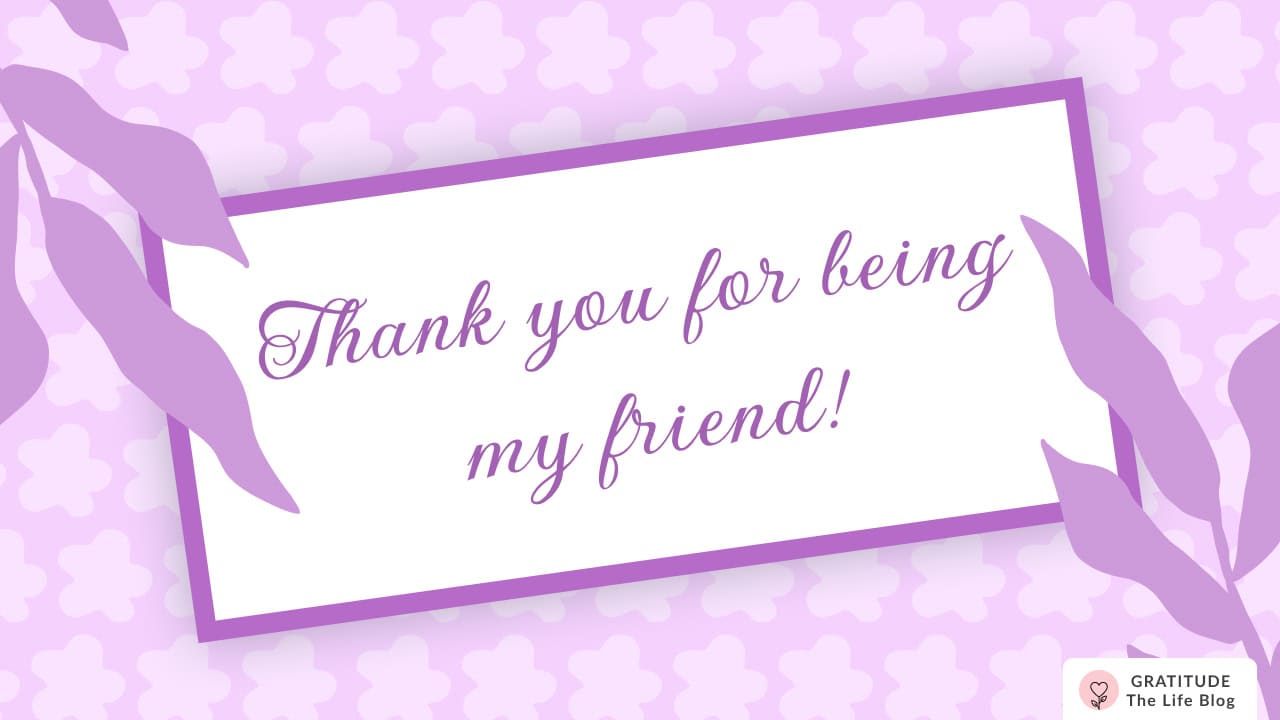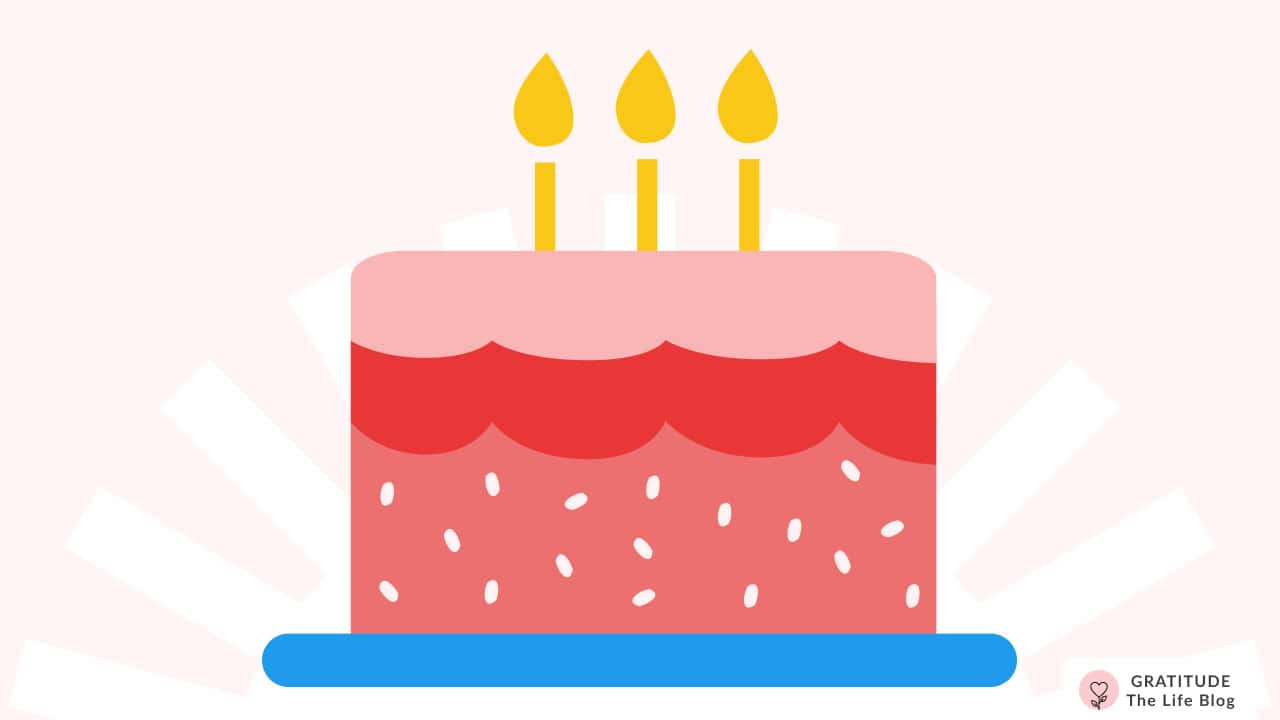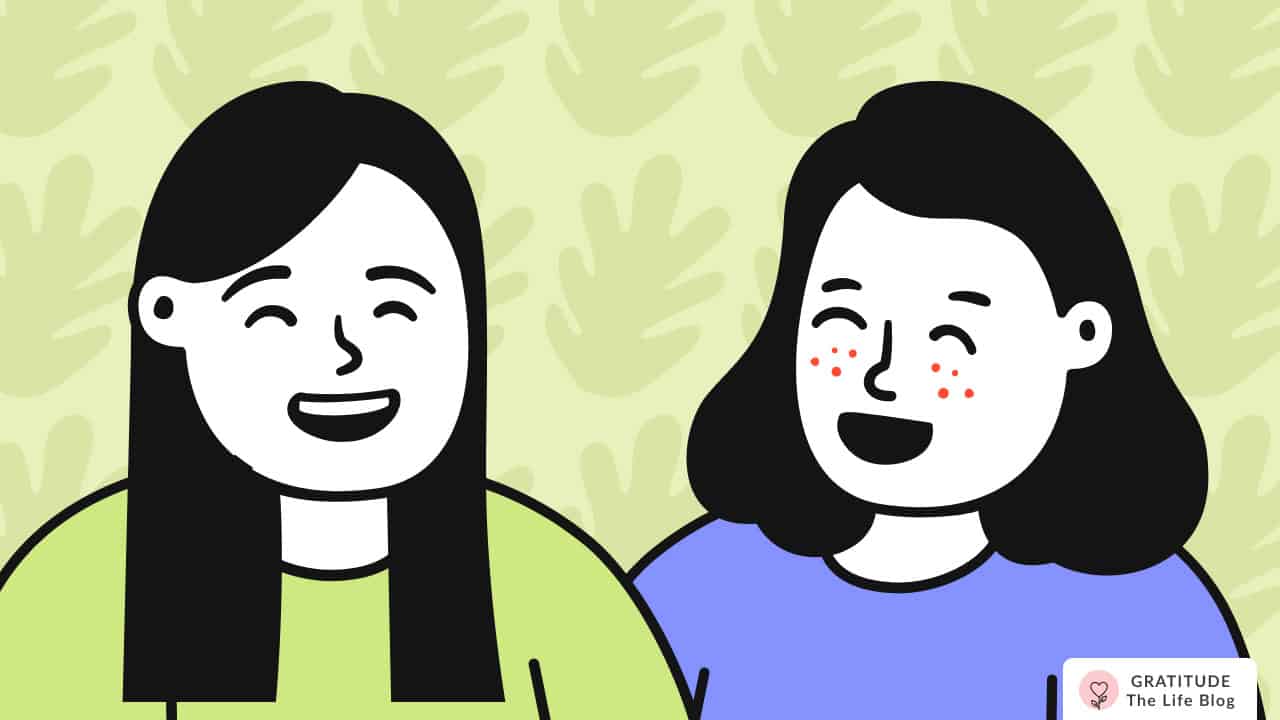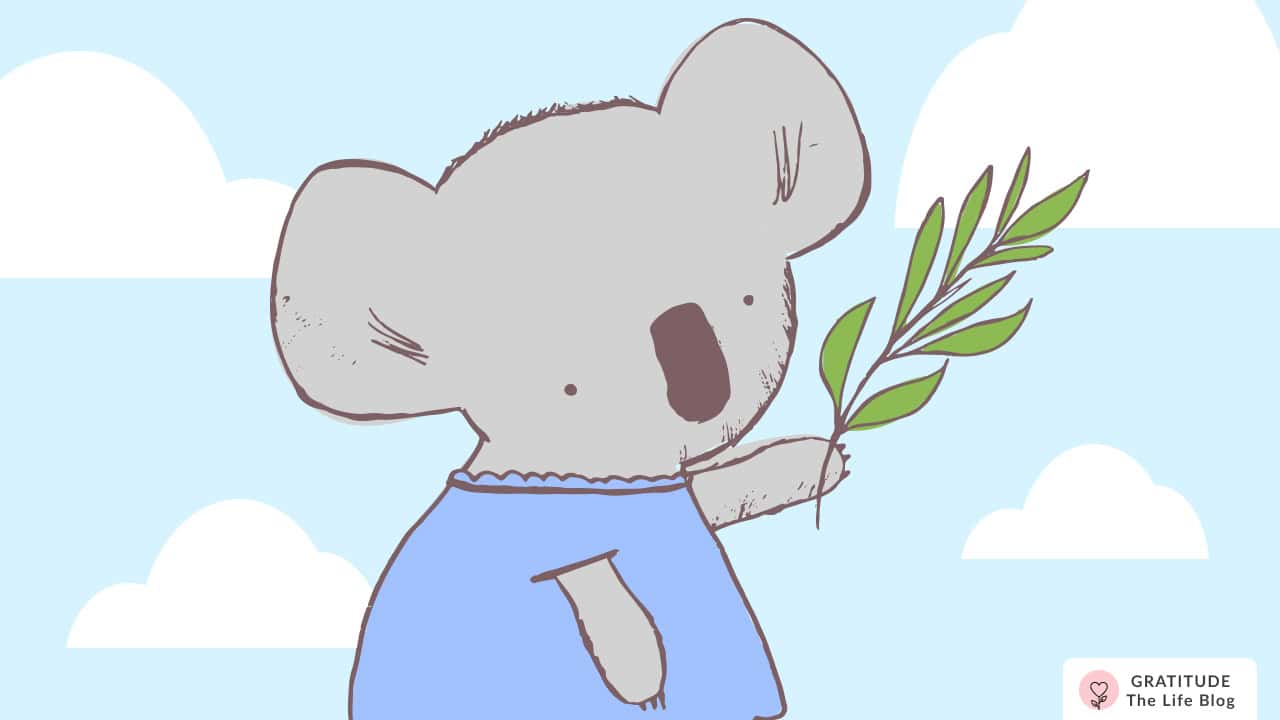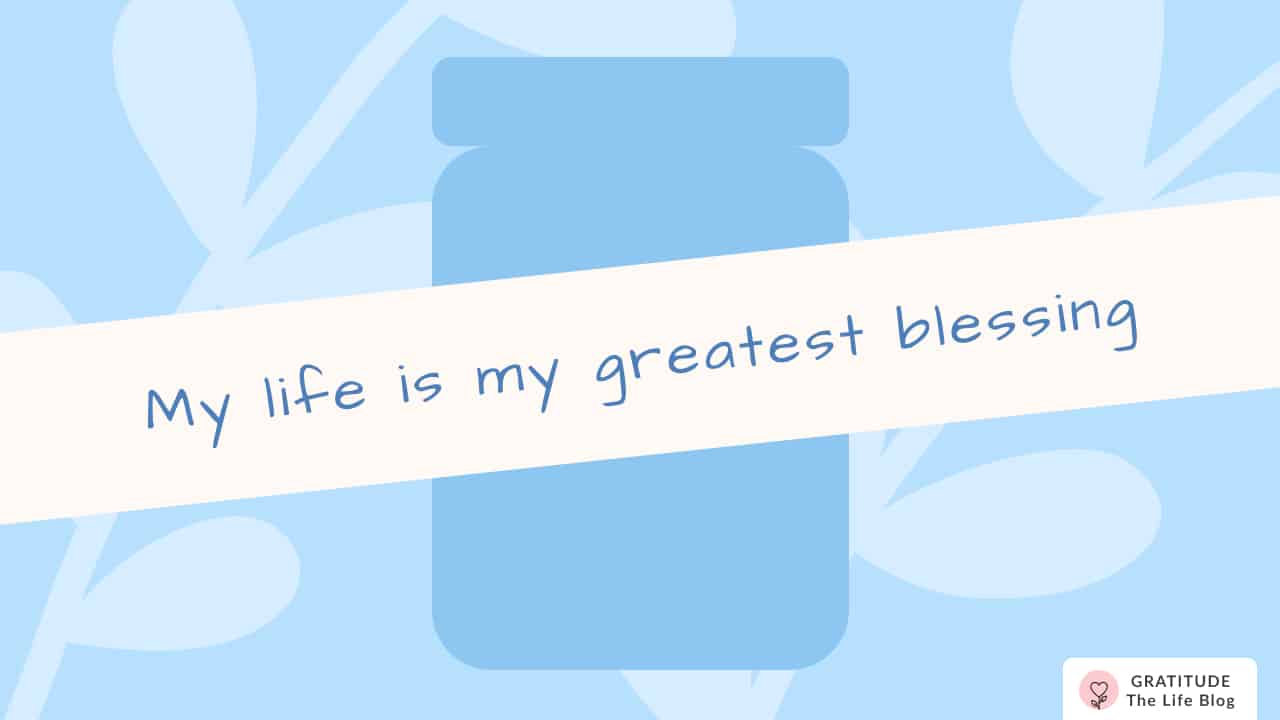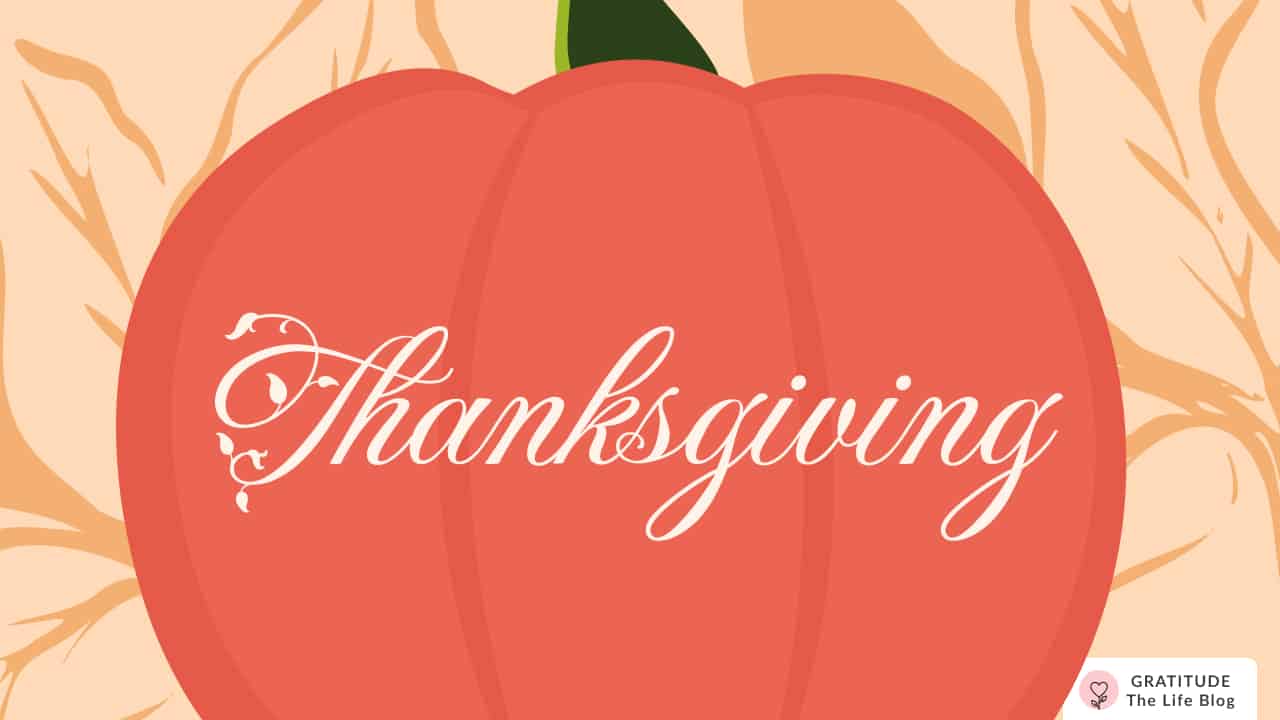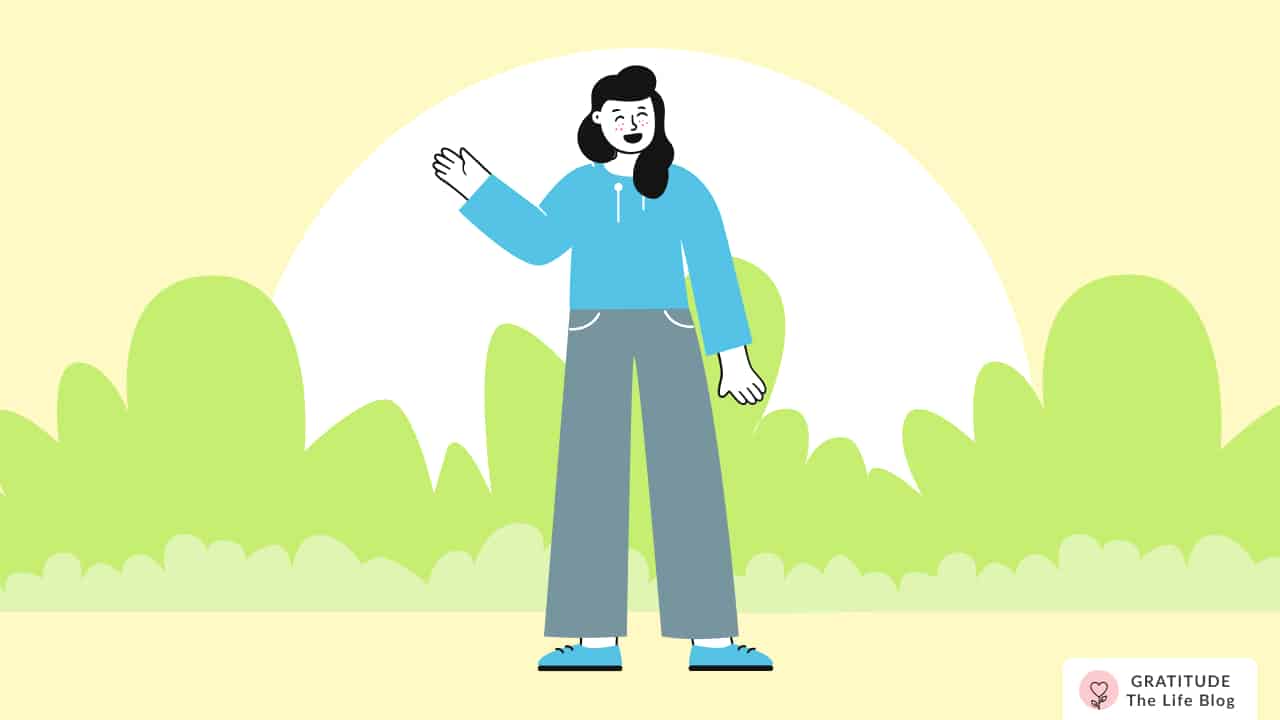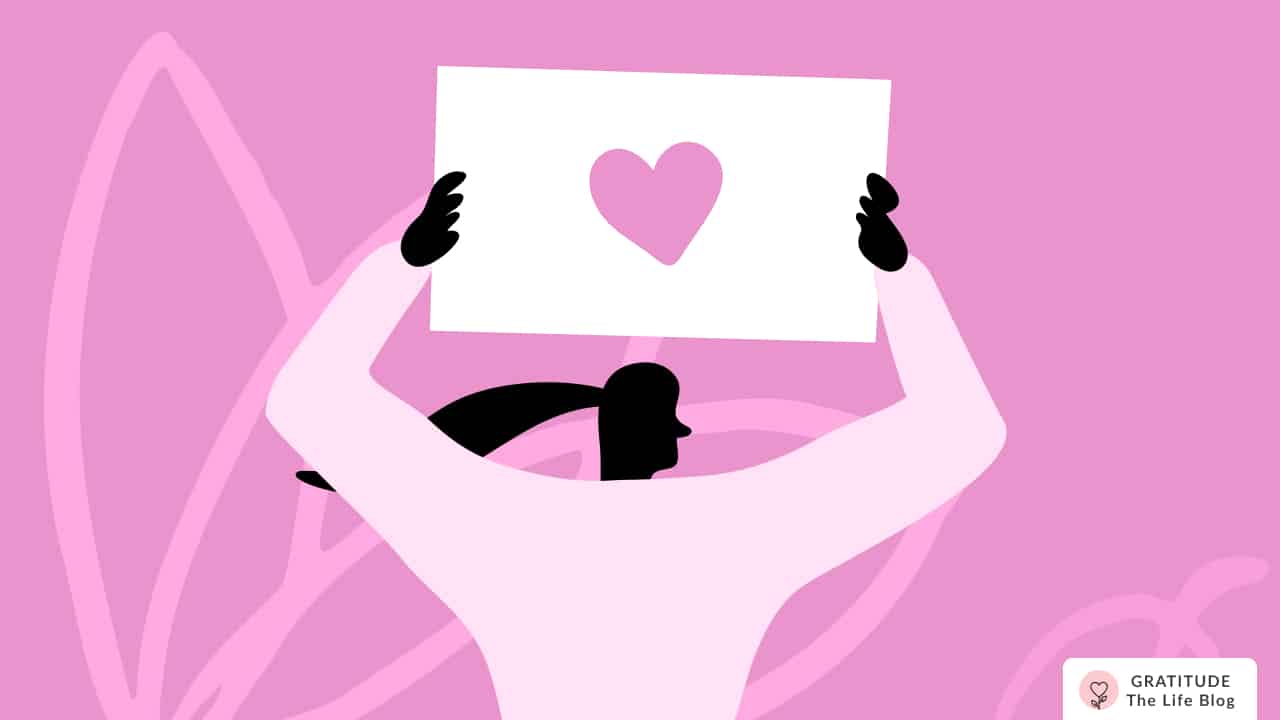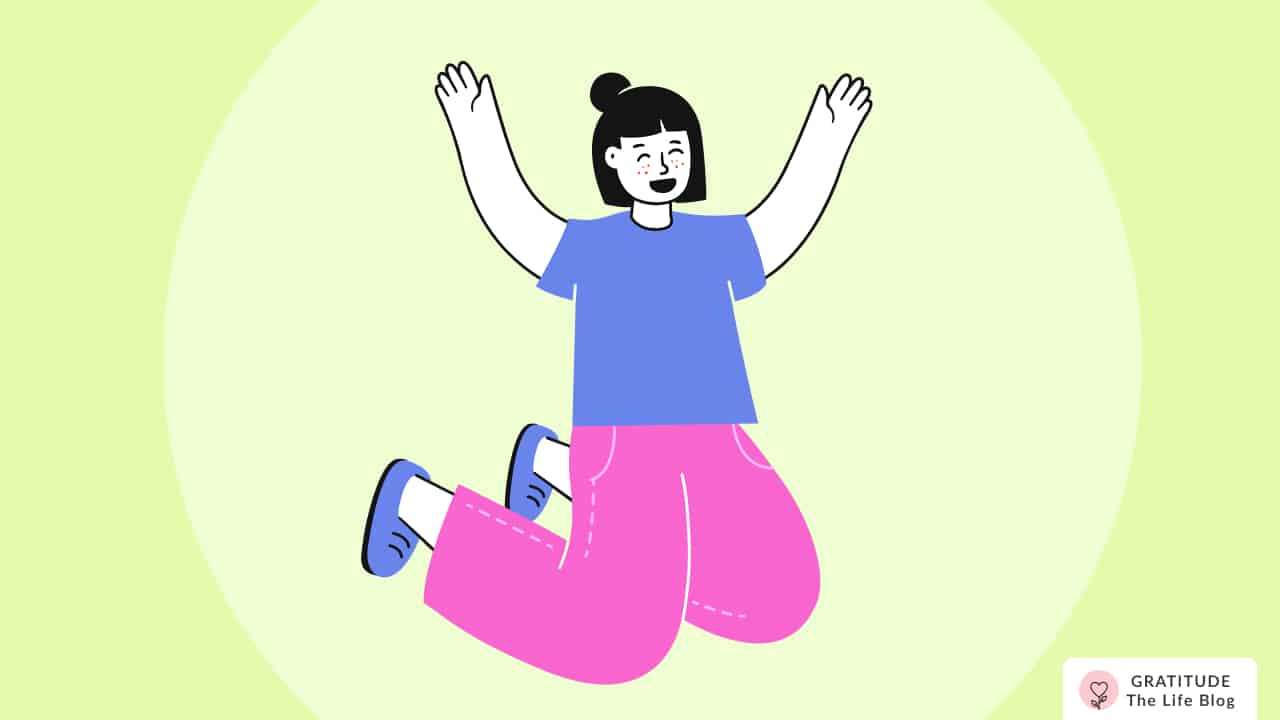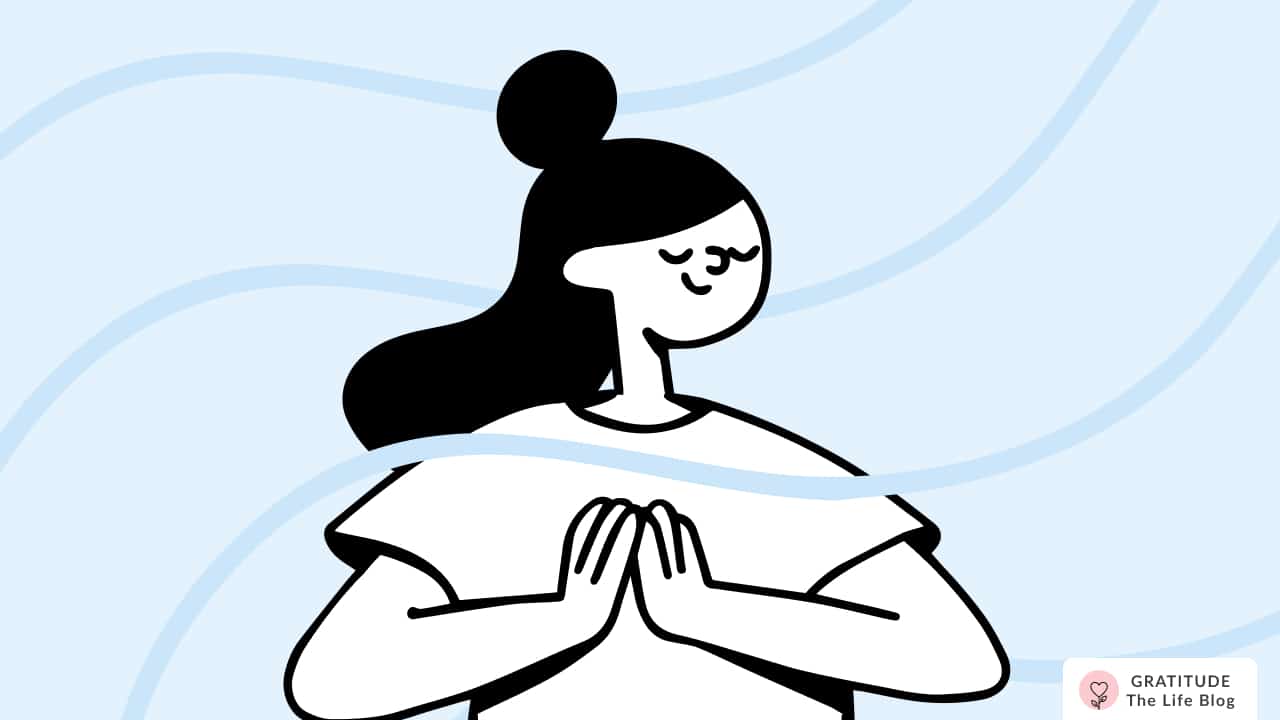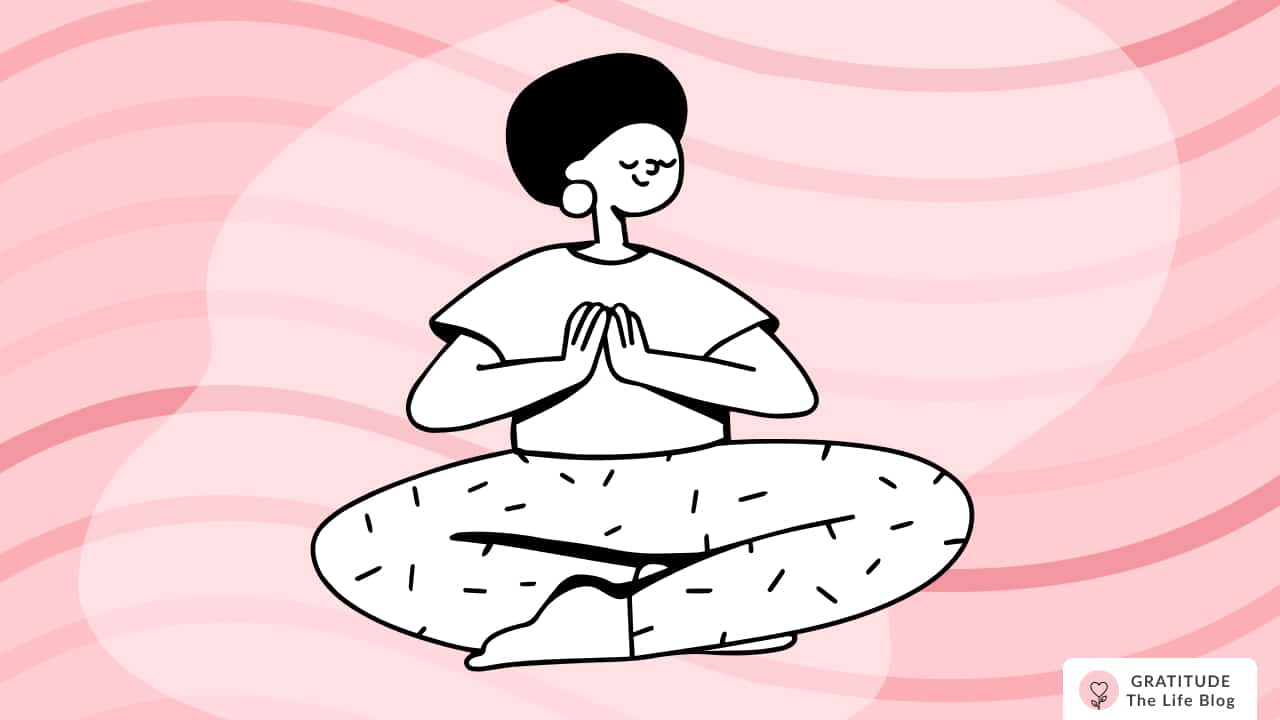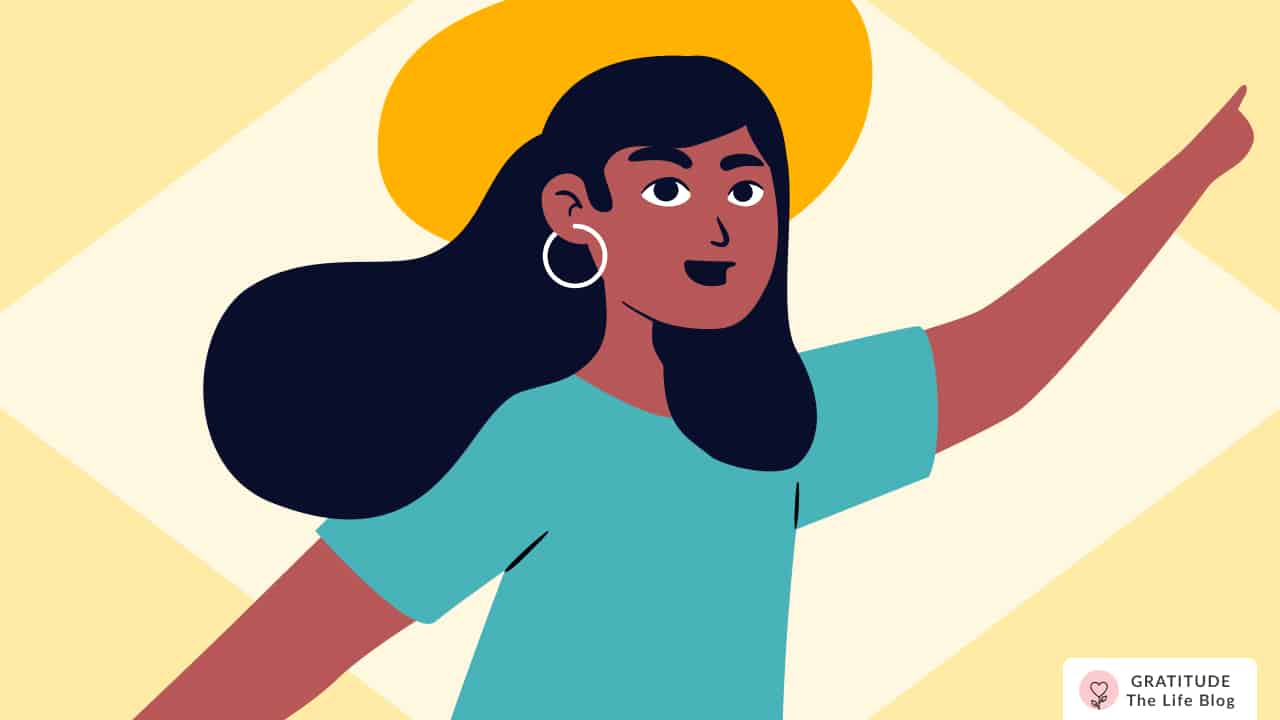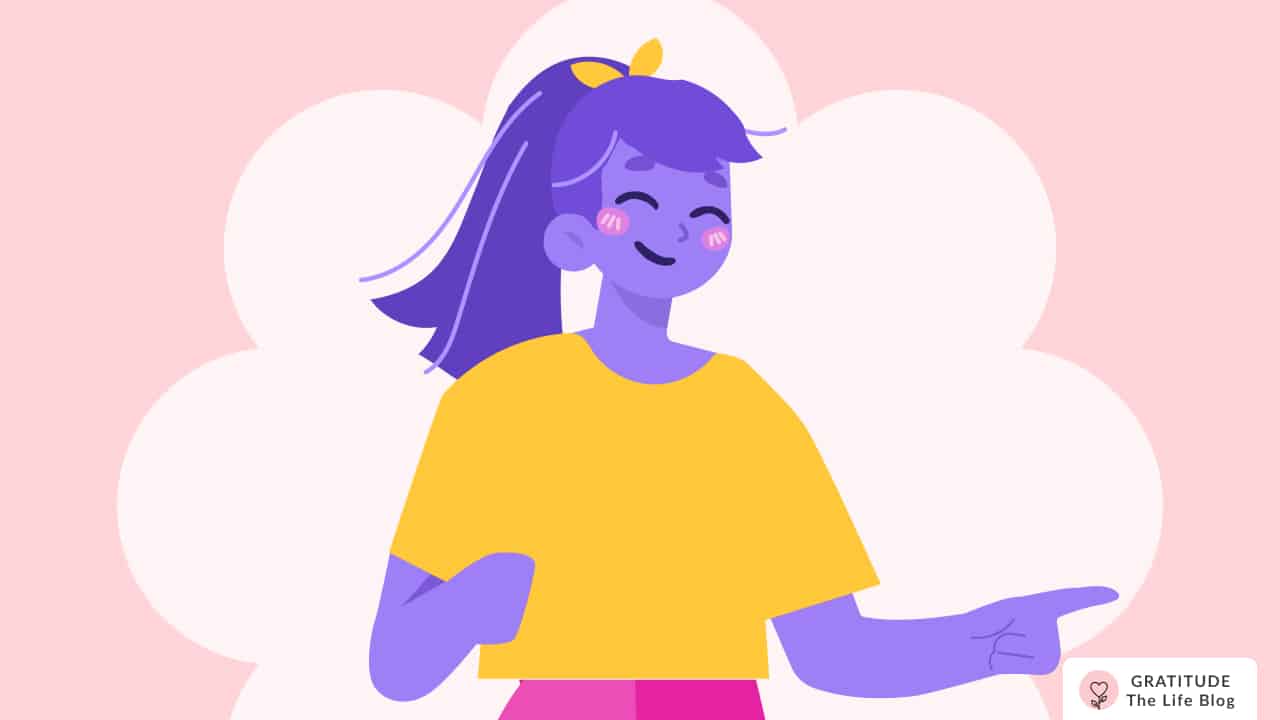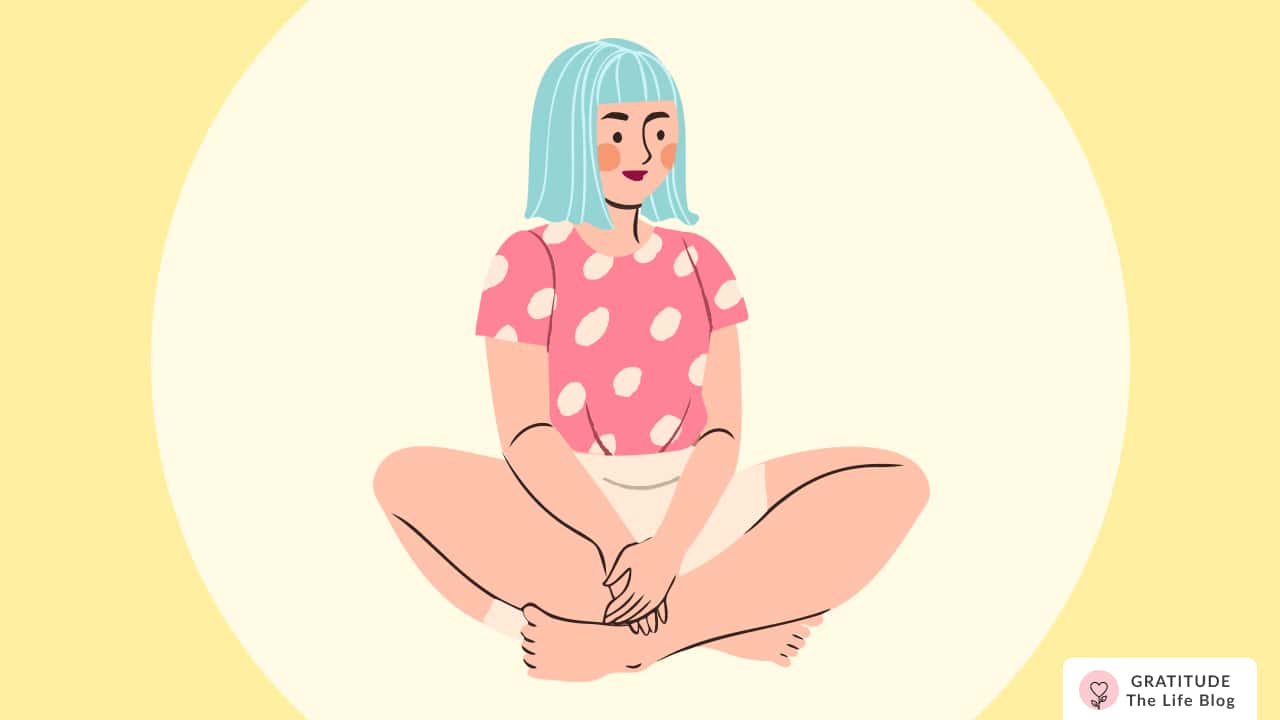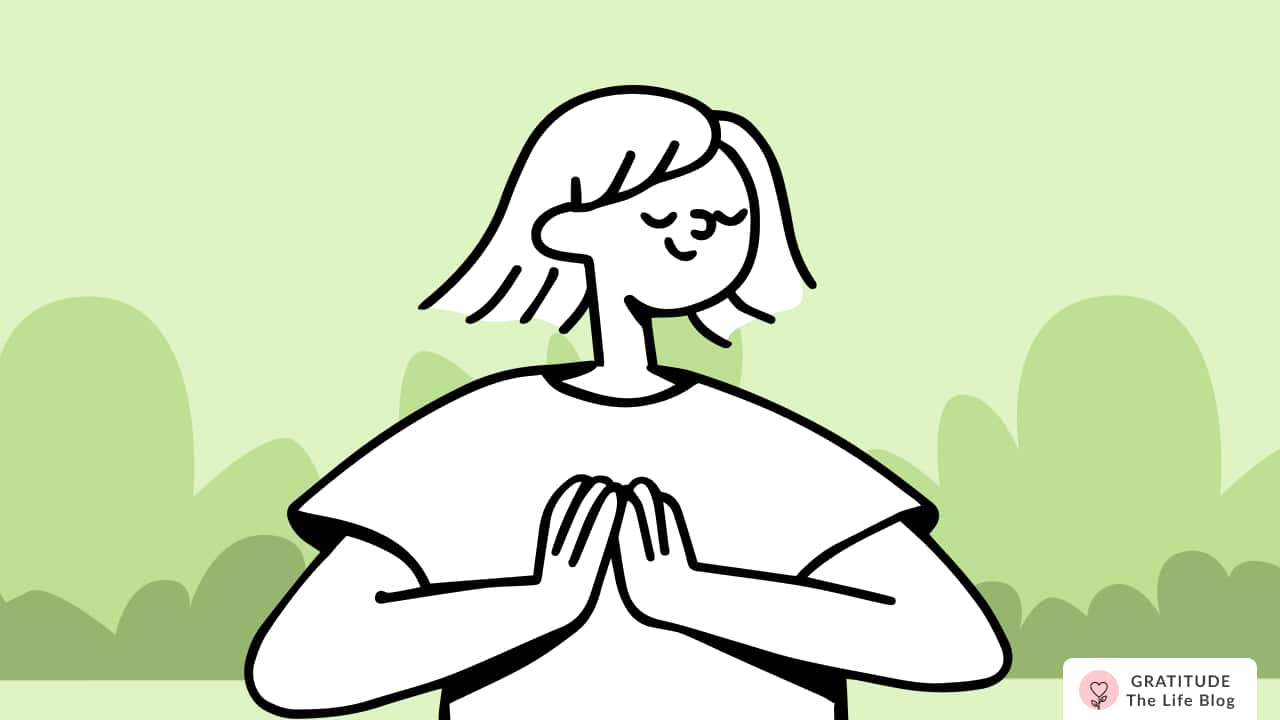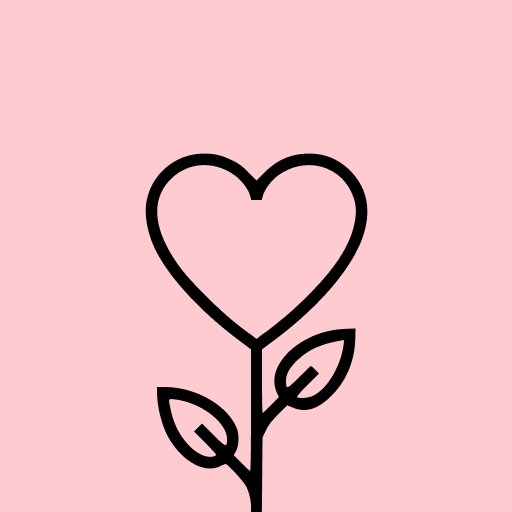Margaret's Story - Exercise routine for the mind
Here is Margaret's story of working through depression with gratitude.
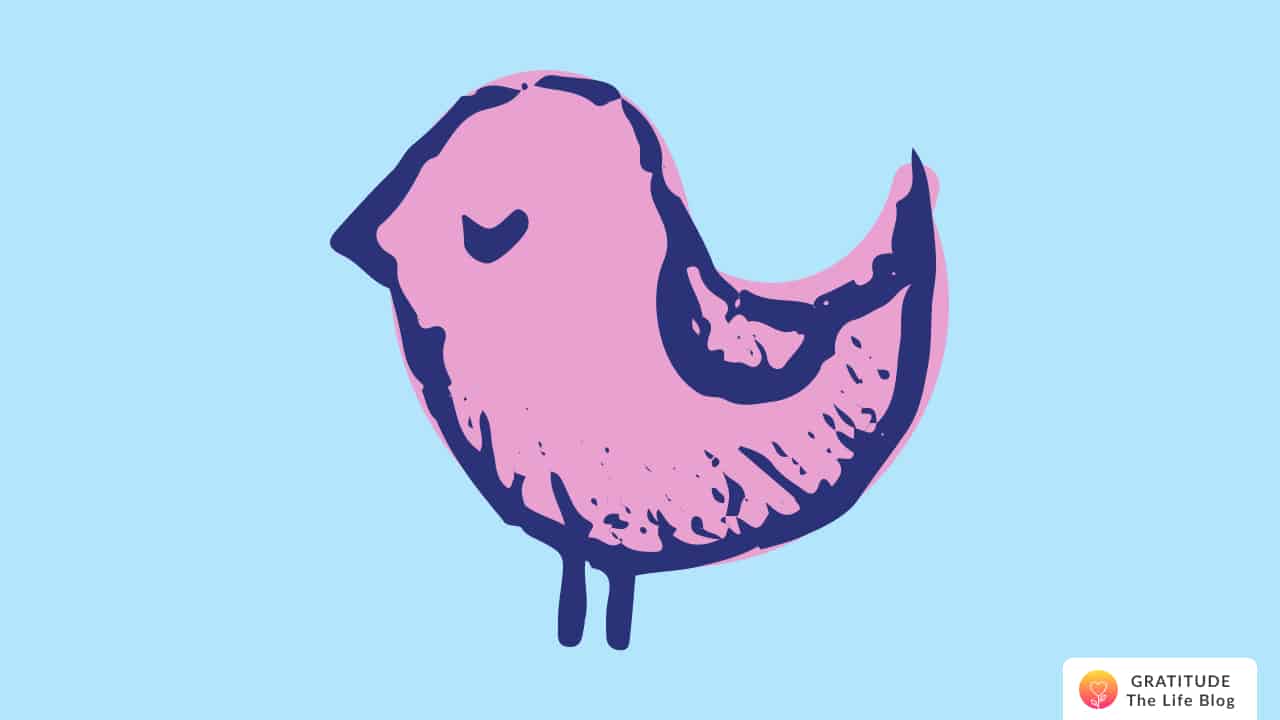
Margaret: I was sexually abused as a child. I had quite a traumatic childhood. I actually have only about three memories of being a child, and I have limited memories of being a teenager. I also now have limited memories of any past events.
So I'm very, very restricted in what I can remember, even birthdays or Christmases. So I can't remember last year's Christmas, you know, it's just a state of mind that I live in.
I had my son when I was 29. He was diagnosed at age four with ADHD, oppositional defiance disorder, dyslexia, and co-morbid anxiety and depression at the age of seven. He had to start psychiatric medication, which made it really difficult for me to cope with his behavior at home.
At that time my husband was getting quite stressed as well, so that made our relationship quite difficult. He eventually got diagnosed with depression and was on medication as well.
Just going back when my son was four years old, I had a psychosis, which was quite traumatic and, that was followed by severe depression. And I continued with that severe depression since that stage, my son's now 31.
We did get his behavior under control after about a year with medication and he was fine through primary school then. But, when he reached high school, he had a relapse and was on psych medication again. And, I've been on psych medication for many years.
My depression was diagnosed as PTSD melancholic depression, and it's treatment-resistant. I'm on heaps of medication, but the depression is not resolved. I've had ECT and a new type of treatment called TMS (Transcranial Magnetic Stimulation Therapy). And I was still managing with the depression.
When I'm in the hospital, and I've been hospitalized numerous times, they have group sessions and they mentioned the importance of gratitude and practicing it on a regular basis. I accepted that and accepted the research, but I didn't practice it on a daily basis.
After a while, I did try journaling, but I found it very difficult to journal. I just wasn't disciplined enough, but then, I thought I would try again, cause I was getting pretty desperate with the depression. So I was trying everything and I came across this app and I liked the setup.
I started using it, but again, I just couldn't do it on a regular basis. So, I relapsed for a while, and then again, I picked it up and started again. I think it was had improved in design as well, which I found really good compared to the previous one. I have been using it for some time now.
I've found that if I use the app in the morning, it sets my mind in a positive frame for the rest of the day. So rather than starting off with a deficit, with the depressed mood, I actually feel like there's a positive start to the day.
I really feel that this has improved the mood considerably. With the affirmations, I use scripture-type verses that reflect that I'm reliant on God's strength. He's helped as well as other things within.
So I play them every morning and I really pray through them which again gives me reassurance that I'm not doing this alone, that I've got God to assist me.
And, I had the vision board set up with health as the main topic with things that I want to achieve as far as health goes, like walking 5,000 steps, doing an hour of strength training, and things like that. So I visualize through them each morning as well.
And then I will go through the Daily Zen and I find some of those quite interesting and helpful. I find the gratitude stories, very interesting, helpful, and inspiring, depending on what they are.
I do this as part of my morning routine, straight after breakfast. It's been very effective, so I don't want to stop doing it because I'm in a good place at the moment. And I feel that that's contributed to it.
Aarushi: How has gratitude felt important to you? Why do you think that it is important to practice in life?
Margaret: I think it's very easy to get bogged down with all the negativity that goes on. Most people don't have an ideal life.
There are usually problems that they're dealing with, whether it's personal or environmental or whatever, and you can easily lose sight of the positive things that are happening and only remember the negative.
And, I think almost forcing yourself to think about the positive things, gives you a better, balanced outlook on life and stops you from spiraling down to viewing the world as just a negative place to be in.
So, it's a very healthy thing. Just like you exercise your body for physical health, by practicing gratitude, you're exercising your mental and emotional health.
Aarushi: After you started practicing gratitude, when did you realize the changes that were happening?
Margaret: How long did it take? I'd say it was almost instant because praying through the affirmations helped me to rely on a higher power rather than rely on myself.
And then, thinking of gratitude, especially with the little quote notifications is great. I might not actually write anything, but I do feed them and reflect on them even if only for 30 seconds. And, that's constantly reminding me through the day to think in a grateful way which is why they're very helpful.
I think it's not just the practice of gratitude. I think that's maybe 80% of it, but the other 20% is using the other features in the app, which really compliments the gratitude. I know it's only 20%, but that's a very good quality 20% that's assisted as well.
Aarushi: How does reading other people's gratitude stories help you out?
Margaret: I find that in the Gratitude Stories that I've read so far, most of them have had a difficult life and they've found that gratitude has assisted them. It's interesting to hear their stories, well sometimes I feel a bit uncomfortable, but it's inspiring to know that they've been able to improve their life by using gratitude.
They make me feel that I'm not alone in having a difficult story to tell and they reassure me that gratitude does improve the situation by hearing that it's helped them. It just reinforces my own experience and motivates me to continue.
Aarushi: How do you feel now after the beginning? How have you changed from that point to this point?
Margaret: With my depression, I've gone from consistently being a 4 out of 10 (0 being suicidal to 10 being manic), I was consistently at 4 out of 10 and would crash down to about a 3. But now I'm a 7 out of 10, which is the best I have been for years.
And, because the depression has improved, the energy level has improved and, because the energy level has improved, my health has improved, and because my half has improved I'm feeling better about myself and my environment. So it's just a process of one thing leading into the other and continually in an upward motion.
I find that if I do crash a bit, I recover a lot quicker because I have that positive mindset in the morning.
I don't think it would work as well if I was doing it through the day or the nighttime, but sitting down with the app in the morning, first thing in the morning and working through, and it takes me not even 30 minutes, maybe 10, 15 minutes to go through everything.
It just really puts me in a positive frame for the rest of the day with the reminders reinforcing it.

